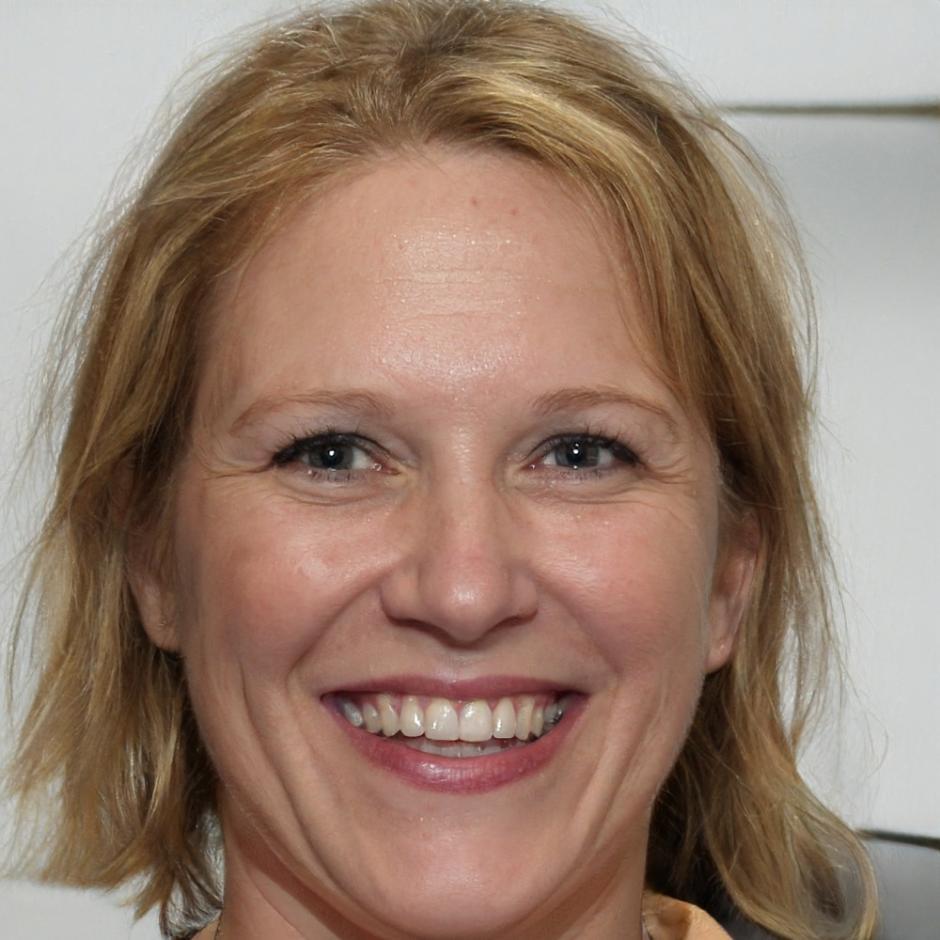Master Budget Deviation Analysis Through Real-World Application
Budget deviations happen. What matters is how you interpret them. Our program walks you through practical frameworks for identifying variances, understanding their root causes, and creating actionable insights that actually improve financial decision-making.
Explore Learning Program
Why Budget Deviations Matter More Than You Think
Most organizations track budget variances. Few actually use them to make better decisions. Here's what separates effective analysis from routine reporting.
Pattern Recognition
Single variances tell incomplete stories. Learning to identify recurring patterns helps you distinguish between systemic issues and one-off events that need different responses.
Root Cause Analysis
Surface-level explanations rarely lead to meaningful change. We teach structured approaches for digging deeper to find the actual drivers behind budget deviations.
Cross-Department Impact
Budget variances in one area often originate elsewhere. Understanding these connections helps you solve problems at their source rather than treating symptoms.

How Our Learning Path Works
We built this program around how people actually learn financial analysis—by working through progressively complex scenarios that mirror real business situations.
Foundation Building
Start with variance calculation mechanics and interpretation frameworks. You'll work with straightforward examples before moving to more nuanced situations.
Context Development
Learn to factor in business cycles, market conditions, and organizational changes that affect budget performance. Context transforms numbers into insights.
Communication Practice
Analysis only matters if stakeholders understand it. We focus heavily on presenting findings in ways that drive action rather than just documenting variances.
Finding Your Starting Point
Different roles need different analytical depths. Here's how to identify which track makes sense for your current situation and goals.
If You Review Reports
You receive budget variance reports and need to understand what they mean for your department or projects. You want to ask better questions and spot issues earlier.
Focus on interpretation skills and practical application within your existing responsibilities
Learn to identify which variances warrant attention versus routine fluctuations
Develop communication frameworks for discussing findings with stakeholders
If You Create Analysis
You're responsible for producing variance reports or financial analysis. You want to move beyond basic calculations to provide insights that actually influence decisions.
Master advanced analytical techniques for identifying root causes and patterns
Build frameworks for connecting financial data with operational realities
Develop presentation skills that turn analysis into actionable recommendations
What You'll Actually Learn
Our curriculum focuses on practical application rather than theoretical concepts. Each module builds skills you'll use immediately in your work.

Variance Investigation Methods
Learn structured approaches for moving from "what happened" to "why it happened" through systematic investigation techniques.

Reporting for Different Audiences
Technical accuracy matters, but so does relevance. Discover how to tailor variance reports for executives, managers, and operational teams.
Learn From Practitioners
Our instructors spend their days doing the work they teach. They bring current challenges and real solutions into the learning environment.

Briony Kellett
Financial Operations Specialist
Briony spent twelve years managing budget analysis for mid-sized manufacturing operations. She specializes in translating complex variance patterns into operational improvements that actually stick.

Saskia Penridge
Management Accounting Consultant
After working across retail and service industries, Saskia focuses on helping teams build variance analysis processes that provide early warning signals rather than historical explanations.
Start Building Practical Analysis Skills
Our next program begins in September 2025. Early registration opens in May for those wanting to review materials before the official start date.
View Program Details